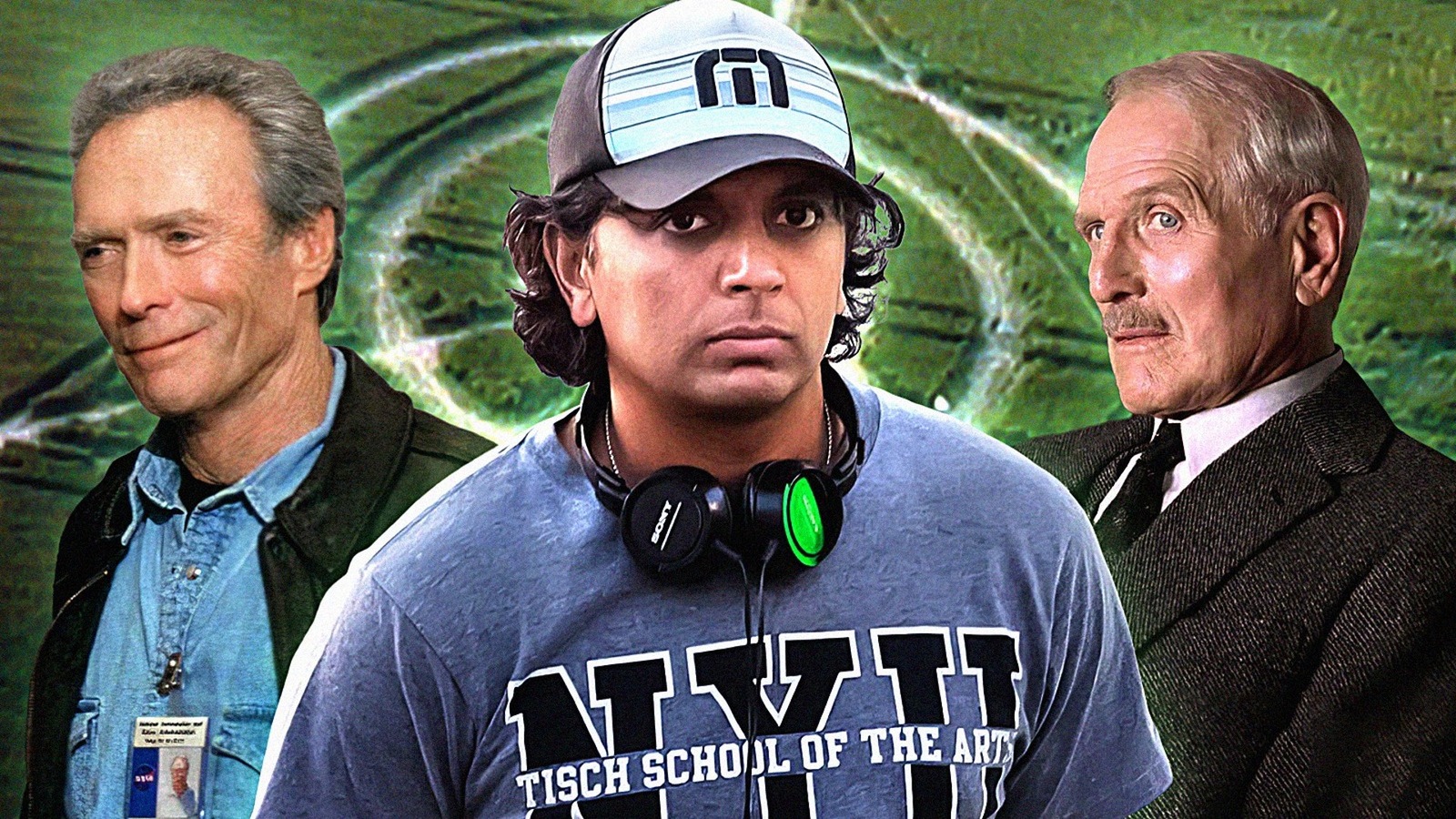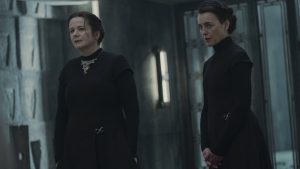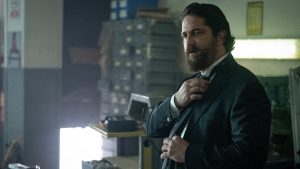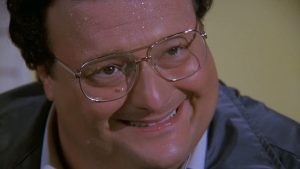
Clint Eastwood and Paul Newman Turned Down Roles in M. Night Shyamalan’s Classic
By Debopriyaa Dutta
This post contains spoilers for “Signs.”
“Signs” stands as the quintessential M. Night Shyamalan film, and it only gets richer with time. Before its release in 2002, Shyamalan had already showcased his talent with “The Sixth Sense” and “Unbreakable,” both of which continue to hold their status in cinematic history. However, “Signs” truly cemented his reputation for delivering shocking, captivating, and entertaining narratives. Much of the conversation about “Signs” centers around its dramatic twist ending, but this sci-fi thriller delves deeper, examining themes of fear and uncertainty amidst an impending apocalypse.
The film’s alien invasion plot is intertwined with the emotional journey of the Hess family. Viewers witness the family’s struggles, doubts, and crises as they confront potentially catastrophic events. Graham Hess, portrayed by Mel Gibson, is a pastor grappling with his faith in the wake of his wife’s death. He finds it increasingly challenging to support his children, Morgan and Bo. Their uncle Merrill, played by Joaquin Phoenix, steps in to help the family cope with their grief, although ominous signs of doom loom in the form of crop circles and worldwide reports of strange occurrences.
The narrative raises the question of whether faith—or the absence of it—can help a family endure such calamity while mourning. “Signs” explores this query in a heartfelt manner, weaving a narrative that underscores the restoration of faith through miraculous events without coming off as forced or insincere. The burden of delivering this impactful resolution fell largely on the shoulders of Gibson and Phoenix, who adeptly navigated their characters through this extraordinary situation.
Interestingly, two iconic actors initially turned down the lead role of Graham Hess before Gibson took on the part. M. Night Shyamalan envisioned Graham as an older man wrestling with profound spiritual doubt—his internal conflict manifesting through “haunted eyes,” as the director described in an earlier interview. Shyamalan’s first choice was Clint Eastwood, known for embodying complex, vulnerable characters. However, at the time, Eastwood was transitioning away from acting, marking a missed opportunity for this role. Paul Newman was Shyamalan’s second choice, but he declined due to a lack of interest in the project.
Gibson ultimately landed the role, prompting Shyamalan to revise Graham’s character, making him 20 years younger and altering the origins of his turmoil. The character evolved into a middle-aged priest experiencing a profound crisis of faith. Despite his challenges, Graham cannot escape his ties to the church, as even his attempts to comfort his children lead to encounters that force him to revisit the tragedy of his wife’s accidental death, a role played by Shyamalan himself.
This complex backdrop, combined with the heightened anxieties of an alien invasion, paints Graham as a figure who is both composed and fractured—struggling to fulfill the expectations placed upon him as a leader and protector. Gibson perfectly captures this duality, oscillating between despair and the glimmer of hope. In a pivotal moment, Graham states, “There is no one watching us, Merrill. We are all alone,” encapsulating the family’s isolation as they confront their impending threat.
However, the narrative shifts dramatically when Merrill’s actions save Morgan’s life in a way Graham can only attribute to divine intervention, marking a turning point for the character. Though grief still lingers in Graham’s life, his demeanor shifts; he no longer carries that weight of despair.



